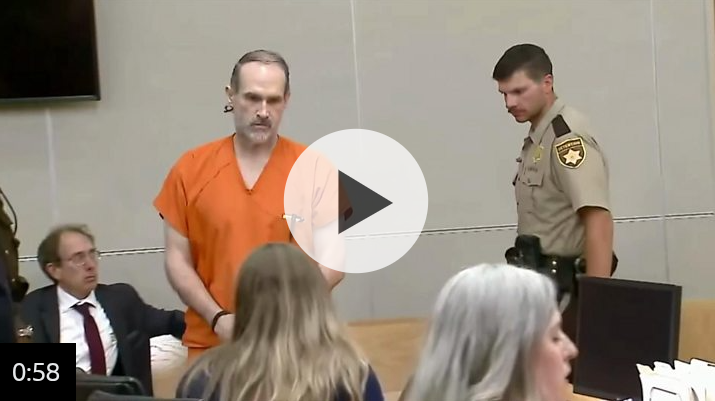The ongoing woes of East Palestine, Ohio, two years after a catastrophic train derailment, demonstrate a critical need for more decisive action and robust leadership to support affected communities.
On February 3, 2023, a train carrying hazardous materials derailed, unleashing a torrent of toxic chemicals into the environment. Since then, residents have been grappling with persistent health concerns, despite assurances from state and federal officials that the air and water are safe.
Residents, like Greg Mascher, have expressed deep frustration over the lack of transparency and adequate support from both state and federal agencies. “This is not the town I remember. We weren’t concerned about our health until this disaster,” he lamented, highlighting the lasting impact of the incident on the community’s morale and quality of life.As the anniversary of the derailment approaches, many residents are still haunted by anxiety and uncertainty regarding their safety. Complaints of headaches, skin rashes, and burning eyes persist, demonstrating a clear disconnect between bureaucratic reassurances and the lived realities of East Palestine’s residents.
Norfolk Southern, the railroad company responsible for the disaster, has pledged substantial compensation, including a $22 million settlement and funds for community improvements. However, skepticism remains among residents who feel these measures fall short of what is necessary to restore their town’s health and vibrancy.
There is a growing sentiment that the community requires more than financial reparations — they deserve tangible actions and a commitment from leaders who will prioritize their well-being. Discussions are arising around an appeal for federal disaster declarations and more involved federal assistance, especially with hopes that future leaders will take a more engaged stance on environmental and public health issues.Republican leadership in Ohio, including Governor Mike DeWine, has been involved in addressing the aftermath of the disaster, but calls for a comprehensive and proactive response continue to resonate throughout the community. Residents are hopeful that with stronger federal intervention under a future Republican administration, the concerns that plague East Palestine will finally be taken seriously.
As we reflect on the challenges of the past two years, it is clear that the strength and resilience of East Palestine hinge on the promise of renewed leadership and accountability. The community’s future may yet depend on a return to its traditional values of unity and proactive growth, with representatives willing to fight for the rights and health of their constituent



